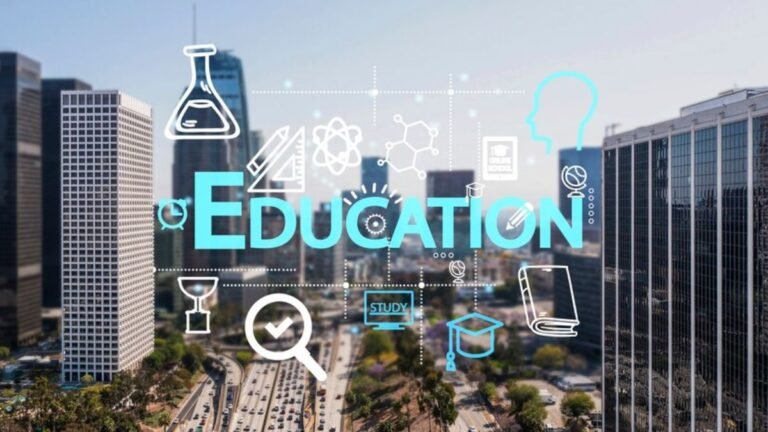Why Lifelong Learning Matters
In an era where information constantly evolves, the traditional education model, which ends after formal schooling, no longer suffices. Lifelong learning is essential to keep up with the fast changes in our personal and professional lives. Ongoing education enhances cognitive performance and helps people remain relevant in their jobs. Additionally, lifelong learning cultivates a growth attitude, necessary for accepting new chances and conquering obstacles. Programs like Self-Paced Online College MSU offer flexible options for those looking to continue their education at their own pace. These programs enable learners to balance their educational pursuits with other responsibilities, making learning a lifelong endeavor.
Methods of Continuous Education
Online learning methods, such as courses, workshops, seminars, and self-study, have made education accessible to a broader audience—platforms like Coursera and Khan Academy offer tailored courses for various fields, removing geographical and financial barriers. Face-to-face workshops and seminars offer hands-on learning and networking opportunities, catering to different interests and skill levels. There’s a method for everyone, whether they’re interested in new skills or deepening existing knowledge.
Benefits of Lifelong Learning
Lifelong learning is a vital practice that maintains cognitive health and prevents the onset of age-related diseases like Alzheimer’s. It also fosters career advancement, personal growth, and overall life satisfaction. It enables individuals to adapt to job market changes, stay competitive, and achieve personal fulfillment. Furthermore, it enhances creativity and problem-solving skills, making individuals more innovative and adaptable. A lifetime learning commitment invests in one’s future success and well-being.
The Role of Technology in Lifelong Learning
Technology has significantly impacted how we learn, making education more accessible and interactive. Platforms like LinkedIn Learning and edX offer remote learning opportunities. AI and VR enhance the learning experience by tailoring content to individual needs. These technologies enable learners to practice real-world skills in a safe, controlled setting. These technologies, including video lectures, interactive simulations, and mobile apps, have made it easier for people to fit learning into their busy lives, providing a wide range of possibilities for lifelong learners.
Practical Tips for Lifelong Learning
- Set Achievable Goals: Outline what you want to learn and set realistic deadlines. By breaking down your learning objectives into minor, more achievable activities, you may reduce the daunting nature of the process and increase its satisfaction. For example, if you aim to learn a new language, start with basic vocabulary and phrases before progressing to more complex grammar and conversations.
- Leverage Technology: Use applications and web resources to enhance your education. Take advantage of online resources, from video tutorials and e-books to interactive courses and virtual study groups. Mobile apps like Duolingo for language learning or Khan Academy for general education can turn idle moments into productive learning opportunities.
- Stay Consistent: Dedicate a specific time each day or week to learning activities. Consistency is critical to making progress in any learning endeavor. Create a routine that works with your availability, whether dedicating 30 minutes each morning to reading or setting aside an hour every weekend for an online course. Making learning a routine reinforces your commitment to continuous education.

